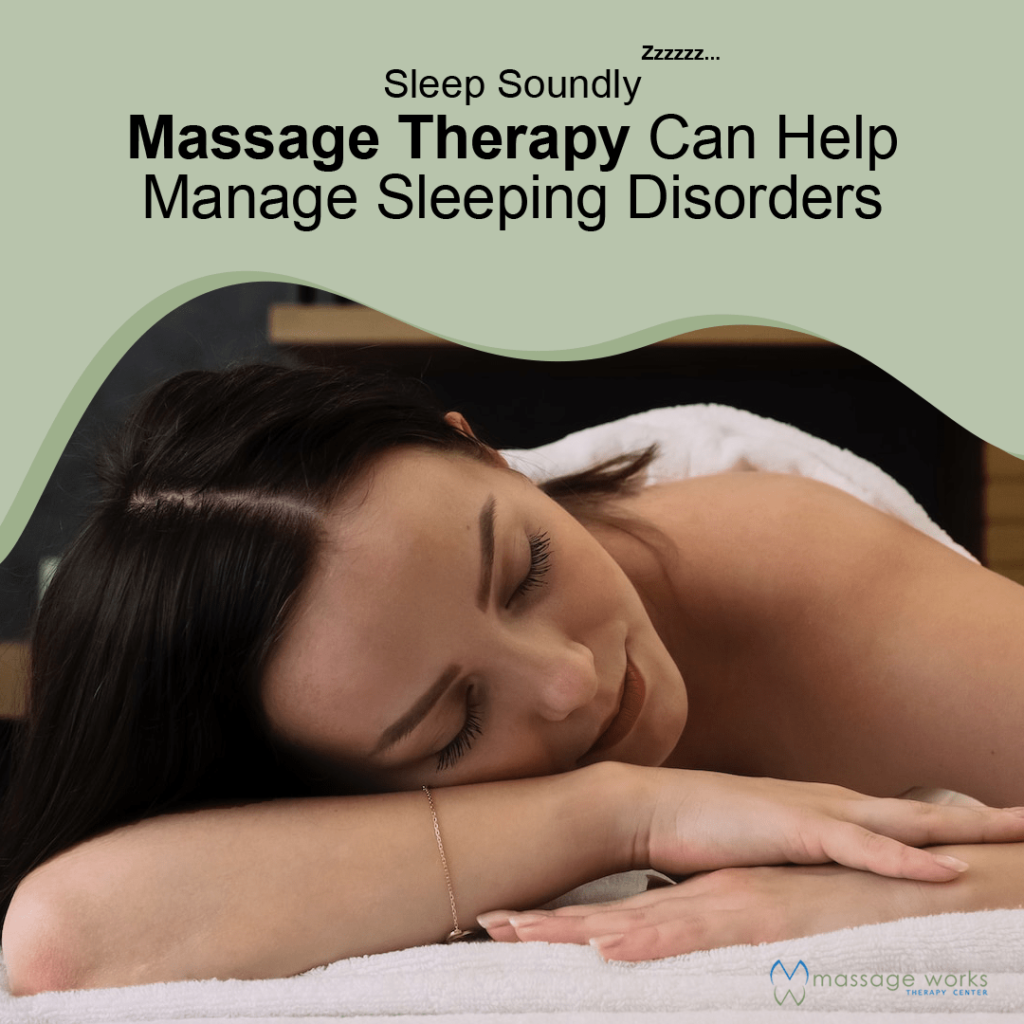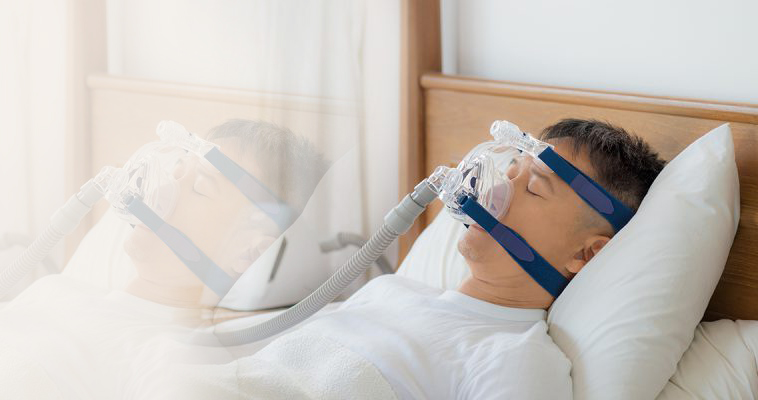Efficient Therapy Solutions for Managing Rest Disorders and Enhancing Peaceful Sleep
In the world of health care, the monitoring of rest disorders and the pursuit for peaceful rest are essential components of general well-being. Reliable therapy solutions provide a multifaceted method to take on these challenges, varying from cognitive behavioral treatments to holistic methods that promote relaxation and mindfulness. The expedition of numerous techniques, consisting of the integration of medicine and light treatment, opens up a realm of possibilities in the search of better rest top quality. As we navigate the elaborate landscape of rest disorders and look for to enhance our sleep experience, a much deeper understanding of these treatment solutions may hold the secret to opening a more refreshing and satisfying corrective trip.
Cognitive Behavioral Therapy for Sleep Problems (CBT-I)
Cognitive Behavioral Therapy for Insomnia (CBT-I) is a structured, evidence-based treatment method that focuses on attending to the hidden aspects adding to rest disruptions. This sort of treatment intends to customize actions and ideas that worsen sleep problems, inevitably advertising healthy and balanced sleep patterns. CBT-I generally involves several crucial parts, consisting of cognitive treatment, sleep limitation, stimulus control, and sleep hygiene education and learning.
Cognitive therapy helps individuals identify and change unfavorable thought patterns and beliefs about rest that might be preventing their capacity to drop or stay asleep. Sleep limitation includes restricting the quantity of time invested in bed to match the person's actual rest period, therefore boosting sleep effectiveness (sleep disorder treatment). Stimulation control techniques assist develop a strong organization between the bed and rest by motivating individuals to head to bed only when sleepy and to stay clear of engaging in stimulating tasks in bed
Moreover, sleep health education concentrates on establishing healthy and balanced sleep habits, such as preserving a consistent rest timetable, producing a relaxing going to bed routine, and maximizing the sleep atmosphere. By addressing these aspects comprehensively, CBT-I uses an effective non-pharmacological treatment for managing sleep problems and enhancing overall sleep top quality.
Sleep Health Practices
Having developed the foundation of cognitive restructuring and behavior adjustments in dealing with sleep problems with Cognitive Behavioral Treatment for Insomnia (CBT-I), the emphasis currently shifts in the direction of exploring necessary Sleep Health Practices for keeping optimum sleep high quality and total health.
Rest health practices incorporate a variety of routines and ecological factors that can considerably affect one's capability to go to sleep and remain asleep throughout the evening. Regular rest and wake times, creating a relaxing bedtime routine, and optimizing the sleep environment by keeping it dark, quiet, and cool are important parts of good sleep hygiene. Restricting direct exposure to screens before going to bed, staying clear of energizers like high levels of caffeine near going to bed, and taking part in normal exercise throughout the day can additionally advertise much better sleep high quality.
Moreover, exercising relaxation strategies such as deep breathing workouts or meditation before bed can aid soothe the mind and prepare the body for rest. By integrating these rest health methods into one's day-to-day regimen, individuals can develop a healthy rest pattern that supports relaxed sleep and total wellness.
Leisure Methods and Mindfulness
Carrying out relaxation strategies and mindfulness methods can play a pivotal function in fostering a feeling of calm and advertising quality sleep. sleep therapy. These techniques intend to quiet the mind, minimize stress, and produce an optimum environment for peaceful rest. One commonly exercised method is deep breathing exercises, where people concentrate on sluggish, deep breaths to loosen up the body and mind. Modern muscle relaxation entails tensing and after that releasing each muscular tissue group, promoting physical leisure. In addition, guided imagery can aid transfer people to a peaceful location in their minds, assisting in stress decrease and improving rest high quality.
Mindfulness methods, such as meditation and yoga, are also effective in promoting leisure and boosting rest. Mindfulness urges people to stay present in the moment, letting go of worries concerning the past or future. By incorporating these techniques right into a going to bed regimen, individuals can signal to their bodies that it is time to prepare and relax for sleep. In general, integrating leisure strategies and mindfulness techniques can substantially add to handling sleep disorders and enhancing overall rest top quality.

Medicine Options for Rest Disorders
After discovering relaxation techniques and mindfulness practices as non-pharmacological interventions for improving sleep quality, it is necessary to take into consideration medicine alternatives for people with rest problems. In cases where lifestyle modifications and therapy do not supply adequate alleviation, medicine can be a useful device in handling rest disruptions.
Generally prescribed medicines for sleep conditions consist of benzodiazepines, non-benzodiazepine hypnotics, antidepressants, and melatonin receptor agonists. Benzodiazepines, such as diazepam, are sedatives that can aid induce sleep, but they are usually suggested for short-term use due to the risk of dependence. Non-benzodiazepine hypnotics like zolpidem are additionally made use of to deal with sleeping disorders and have a lower threat of dependancy compared to benzodiazepines. Antidepressants, such as click to investigate trazodone, can be beneficial for individuals with co-occurring depression and rest disruptions. Melatonin receptor agonists, like ramelteon, target the body's natural sleep-wake cycle and can be helpful for managing sleep patterns.
It is important for individuals to speak with a doctor to figure out the most ideal medicine option based upon their particular rest disorder and clinical background.
Light Therapy for Body Clock Policy
Light treatment, also recognized as phototherapy, is a non-invasive therapy the sleep center near me method made use of to control circadian rhythms and boost sleep-wake cycles. This therapy entails exposure to intense light that imitates all-natural sunlight, which aids to reset the body's body clock. By revealing individuals to details wavelengths of light, commonly in the morning or evening depending on the desired effect, light treatment can effectively change the circadian rhythm to promote wakefulness throughout the day and boost peaceful sleep during the night.
Research study has actually revealed that light treatment can be particularly helpful for people with body clock conditions, such as delayed rest stage disorder or jet lag. It can additionally be helpful for those experiencing seasonal affective condition (SAD), a sort of clinical depression that generally happens throughout the wintertime months when all-natural light exposure is decreased. Light treatment is normally well-tolerated and can be made use of combined with other therapy approaches for sleep conditions to optimize end results and improve total sleep top quality.
Final Thought
To conclude, effective therapy remedies for handling sleep conditions and boosting peaceful Learn More Here rest consist of Cognitive Behavior modification for Sleep Problems (CBT-I), sleep health techniques, leisure strategies and mindfulness, medication alternatives, and light treatment for body clock law. These methods can assist people enhance their rest top quality and total wellness. It is essential to seek advice from a health care supplier to determine one of the most appropriate method for addressing rest problems.
As we browse the complex landscape of rest problems and look for to enhance our rest experience, a deeper understanding of these treatment solutions might hold the key to opening a more relaxing and satisfying corrective journey.
Sleep restriction entails limiting the quantity of time spent in bed to match the person's actual rest duration, thereby boosting sleep effectiveness. Consistent rest and wake times, creating a relaxing going to bed routine, and optimizing the rest atmosphere by keeping it dark, peaceful, and cool are crucial components of excellent sleep health. Light therapy is normally well-tolerated and can be made use of in combination with other therapy techniques for sleep problems to maximize outcomes and improve overall rest top quality.
